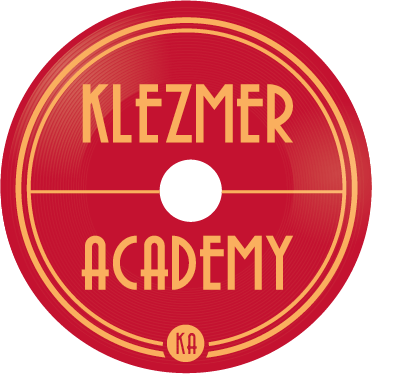Tonight I would like to share a second recording by Grancowa’s orchestra. This disc represents the rare and wonderful find of a record with two previously unheard tunes on it. The first is a straightforward freylekhs entitled Freitag oyf der nacht. The most notable aspect of this performance is the essentially monotonic rhythm figures played by the brass, particularly a trombone.
The reverse side is much more interesting. First, there is the title, Kharbin or Harbin, which has no Yiddish equivalent. The only meaning I found when searching the original cyrillic is Harbin, the name of a town in China, which seems like an unlikely name for an Eastern European Jewish dance tune. Then there is the fact that I found another version of the tune in my collection, this one from a Jewish Wedding Orchestra under a conductor named Bak or Back that recorded a couple dozen sides on the Stella, Gramophone and Zonophone labels.
The Syrena recording is cheerful and upbeat. This is partly due to the presence of very melodic snare drumming, which emphasizes the lilt of the melody, but the chord choices for this arrangement, particularly for the second section, move the tune into a home base of the relative major (G) from the tonic Em of the A section. This also gives rise to a predominantly major ending cadence for the b and c sections: G-D-B-Em.
The Stella version of the tune differs in very small melodic ways, but the main difference is the much more minor feel of the tune. The first section is essentially the same, though there are a few additional B chords. The second section begins on Am rather than the G major found in the Syrena version, though it moves to the G major in the second phrase. In the third section, the fanfare-like opening notes are harmonized with Em and Am rather than the G and D major chords in the Syrena version. And although the final cadence of the tune uses the B major, the melody flats the third from F sharp to F natural, suggesting the most minor cadence of all, that moves either G-Dm-Em or Em-Dm-Em.
There is obviously much more to say about all of these tunes/recordings, but the object of presenting them here this week is to introduce them to the world.
Tomorrow, we will be looking at a 1911 recording of a Russian orchestra on the Favorite label.
khag sameakh.
**Chanukah art from screen shots of the Menorah iPad app by RustyBrick, Inc.





